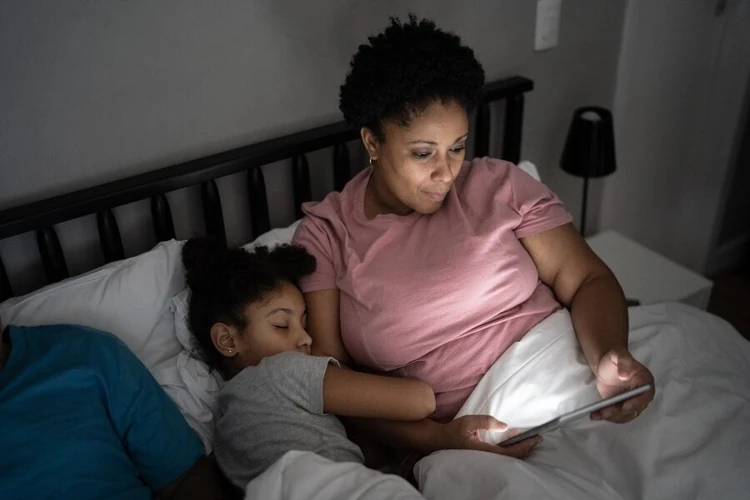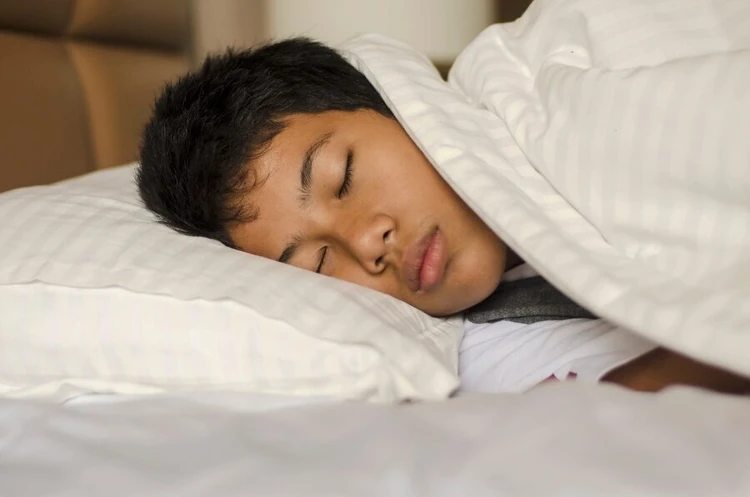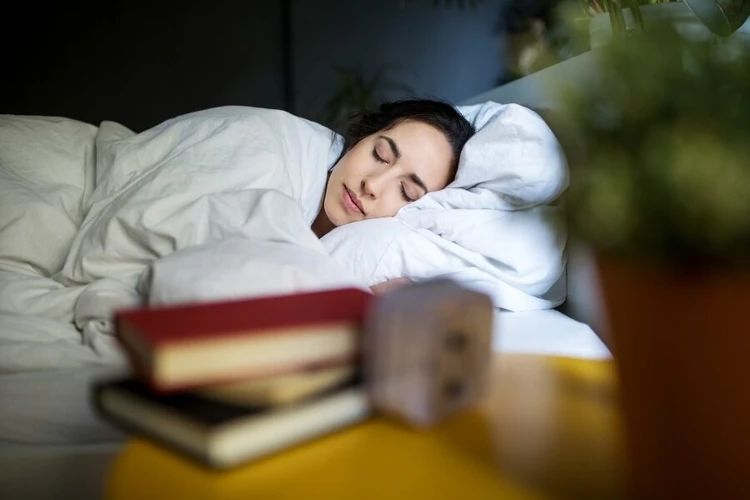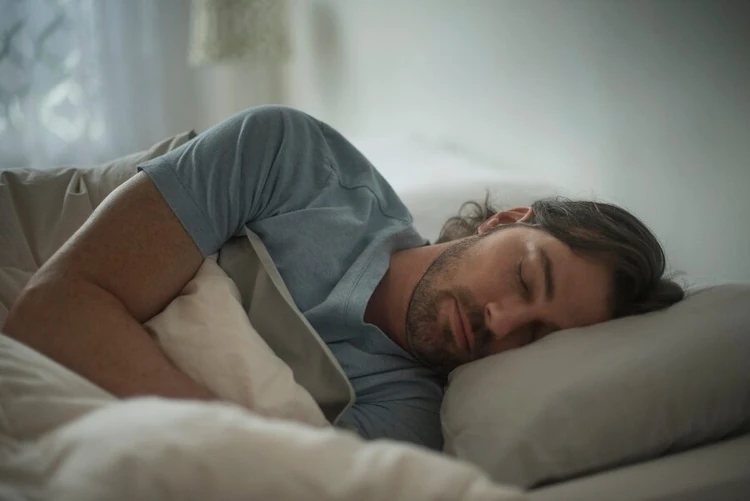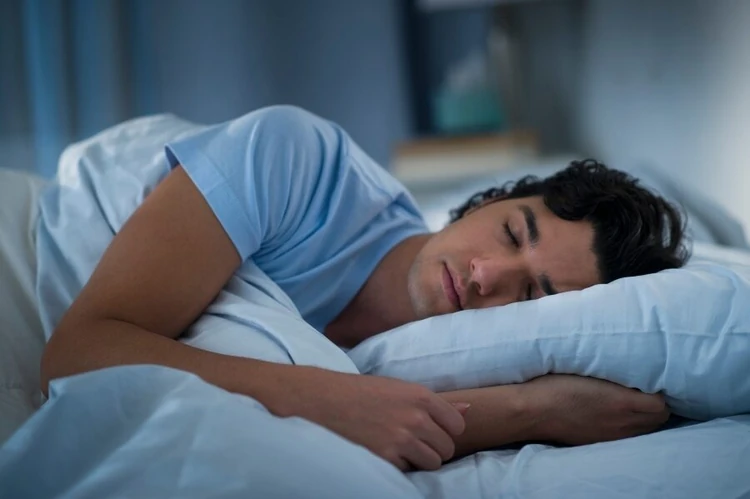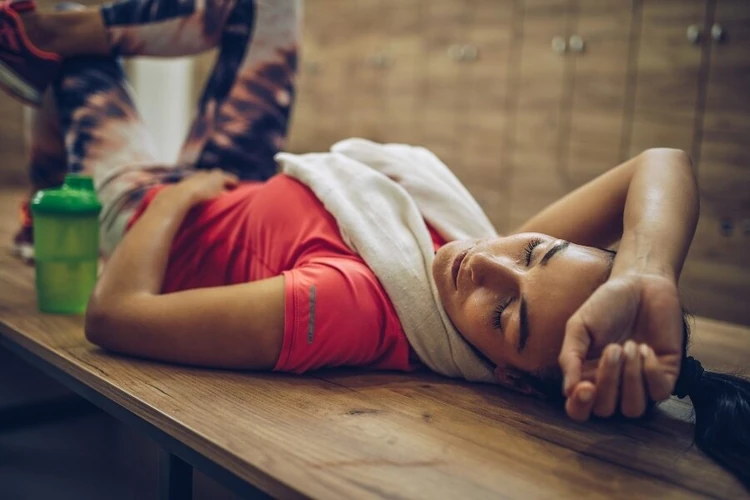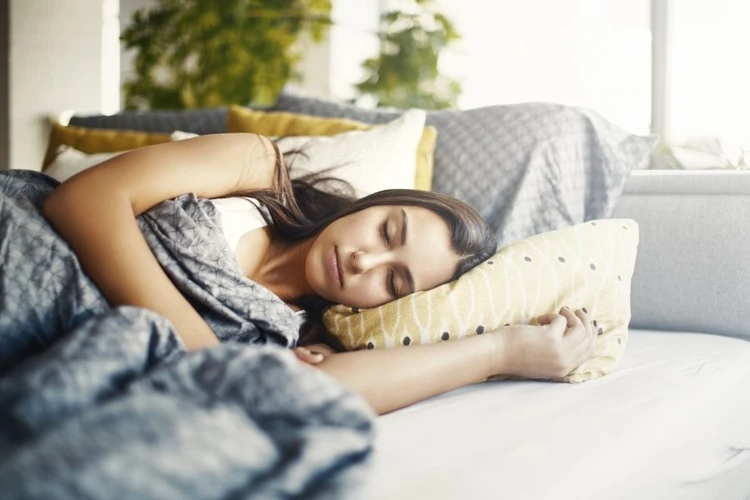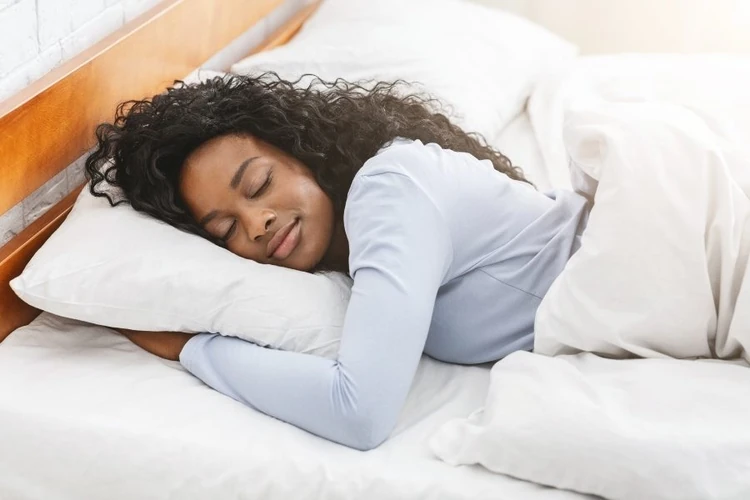Recent studies have highlighted the ways that poor sleeping habits can negatively affect consumers’ heart health. Now, a new study conducted by researchers from the American Heart Association has found the inverse to be true: healthy sleeping habits can be good for consumers’ hearts.
According to their findings, consumers with solid sleep routines lowered their risk of heart failure by more than 40 percent compared to those who had inconsistent nighttime habits.
“Our findings highlight the importance of improving overall sleep patterns to help prevent heart failure,” said researcher Dr. Lu Qi.
Prioritizing healthy sleeping habits
To understand how healthy sleeping habits can affect consumers’ heart health, the researchers analyzed data from more than 408,000 participants involved in the U.K. Biobank database. Healthy sleeping habits were identified from five major characteristics: daytime sleepiness, sleep duration, snoring, tendencies towards being a night owl versus an early riser, and insomnia. Each participant received a sleep score based on how many of the habits they followed each night; the higher the score, the better the sleep quality.
The researchers learned that those with the best sleep scores had the lowest risk of heart failure. Those who incorporated the most healthy habits into their nightly routines had a more than 40 percent lower risk of heart failure than those who had the lowest sleep scores.
While consumers should strive to incorporate as many healthy sleep habits as they can, the researchers found that meeting only one healthy habit was still enough to reduce the risk of heart failure on its own. For example, those who rarely felt tired during the day were nearly 35 percent less likely to experience heart failure, whereas those who were prone to waking up earlier were roughly 10 percent less likely to experience heart failure. Similarly, those who slept at least seven hours each night and those who didn’t experience insomnia-related symptoms also had a lower risk of heart failure.
As the health risks associated with disrupted sleep continue to mount, these findings highlight the importance of cultivating healthy habits at bedtime.




